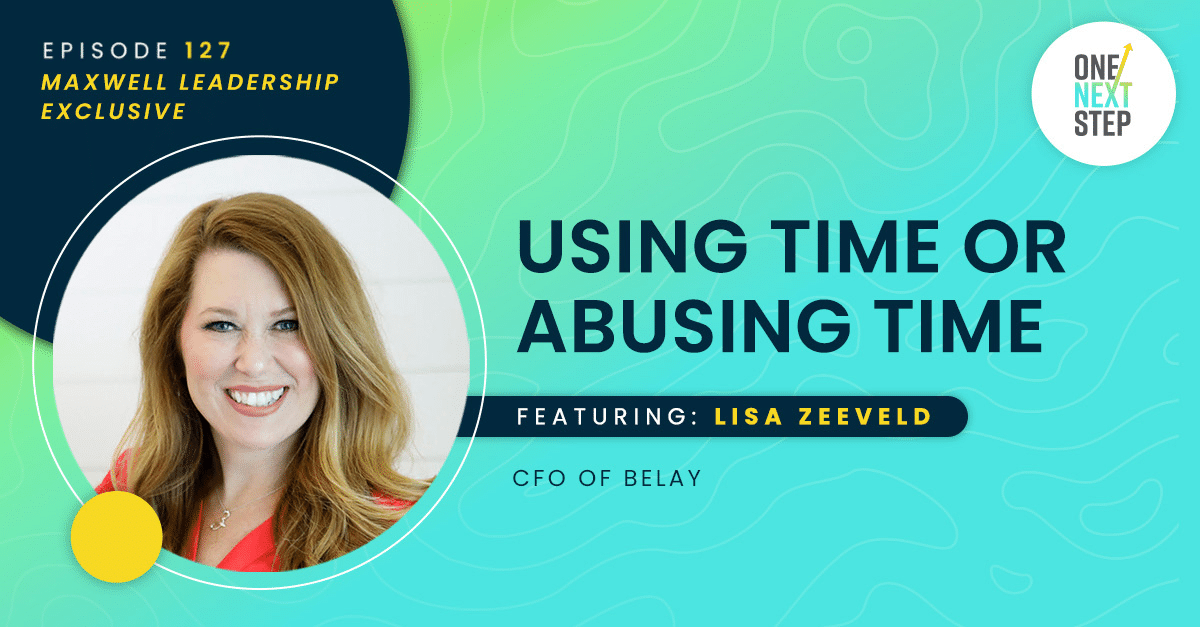1. Protect your time.
It’s one of the few resources you can control, and it’s one of the first things an executive assistant can help you with. Once the EA has control of your schedule, work with them on what an ideal week looks like for you, understanding there will be variations. During each week, plan blocks of time that are just for you to get things done without distractions such as phone calls, meetings, lunch outings and so on. Building this time into your schedule will allow you to find a balance between meetings and productive time while also helping you avoid burnout.
2. A good executive assistant doesn’t wait to be delegated to.
Proactivity is the name of the game for an EA. They’re actively looking for gaps, omissions, and things you might have overlooked. They’re looking at your schedule ahead of time, prioritizing, and rescheduling when needed. None of this is possible, though, if you’re not communicating with them and helping them understand your needs and goals. As your right-hand person, the EA is out to help you manage your schedule and workload, so make sure you have fully delegated that to them and trust them to do the job right.
3. Good EAs are able to lead their leader.
Once you trust your EA enough to delegate your schedule to them, let them run with it! That’s their job. Part of being able to trust them is making sure you have the right person in place. This is someone who is confident and assertive enough to manage the schedule and tell you when you might be overstretching yourself. Of course, you still have the ultimate say on your time. But once you have the right EA, trust them to look out for you and do the job you hired them for.




